What has happened?
In criminal proceedings (EPA v Grafil; EPA v Mackenzie [2017] NSWLEC 88) brought under the Protection of the Environment Operations Act 1997 (POEO Act), the Defendants (Grafil Pty Ltd and Robert Mackenzie), issued subpoenas to produce documents including:
- draft reports prepared by the Prosecutor’s expert witness; and
- correspondence between the Prosecutor and the expert witness.
The Prosecutor claimed legal professional privilege over the documents.
In deciding whether that claim should be upheld (with the consequence that the Defendants could not obtain access to the documents) an important threshold issue was whether the Common Law or the Evidence Act 1995 applied to the privilege claim.
For the reasons summarised below, in a judgment delivered on 21 July 2017, the NSW Land and Environment Court held that it was the Common Law which applied and determined that the Prosecutor’s privilege claim should be upheld.
Findings by the Court
The Court held:
- There are three steps in the process of complying with a subpoena (at [12]):
- documents are produced to the Court;
- interim use is made of the documents (such as inspection by the issuing party); and
- documents are tendered into evidence.
- The first stage is governed by Rule 1.9 of the Uniform Civil Procedure Rules (UCPR) while the third stage is regulated by the Evidence Act: at [12]-[13].
- The second stage is where claims for privilege are agitated. Neither the Evidence Act or the UCPR apply to this stage. Instead, such claims are determined in accordance with the Common Law: at [15].
- Based on Common Law principles, the Court upheld the Prosecutor’s claim in relation to the following categories of document (at [19] to [37]):
- documents exchanged between the EPA Solicitor and the Expert concerning fee arrangements for the preparation of an expert report;
- documents exchanged between the Prosecutor’s Office and the Expert’s Office concerning fee arrangements for the preparation of technical investigation reports; and
- documents exchanged between technical consultants referring to legal advice provided by EPA Solicitor;
- The Court also rejected a claim by the Defendants that privilege had been waived over draft technical reports on the basis that they were required to under the final report: at [38] to [48].
- In considering this matter, the Court referred to the decision by Ball J in Traderight (NSW) Pty Limited v Bank of Queensland where the Court held that communications between lawyers and an expert, to give instructions and commenting on the form of the expert’s report, did not cause privilege in the communications to be lost: at [45].
Implications
This judgment is a useful reminder of some of the legal principles applicable in relation to claims for legal professional privilege in relation to document produced under subpoena.
Further information
For further information on this judgment and its potential implications for your development please contact Marcus Steele, Director, on (02) 8005-1411 or marcus.steele@steelelaw.com.au.
